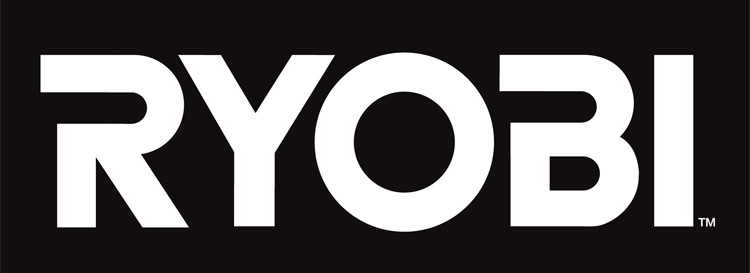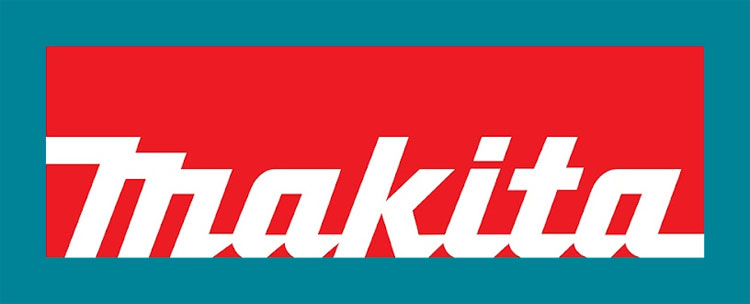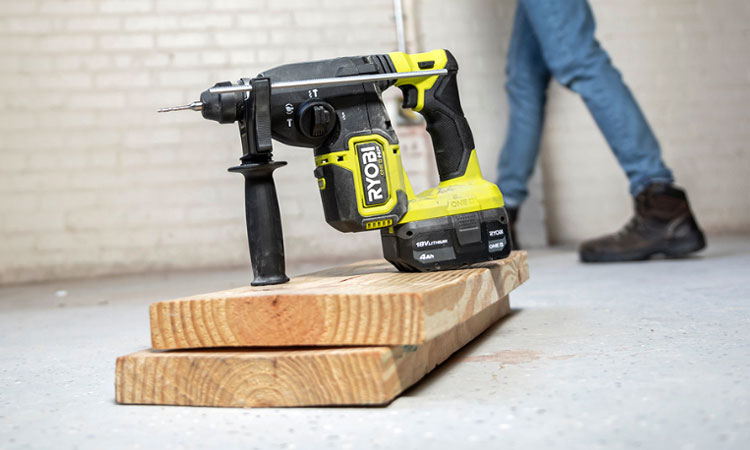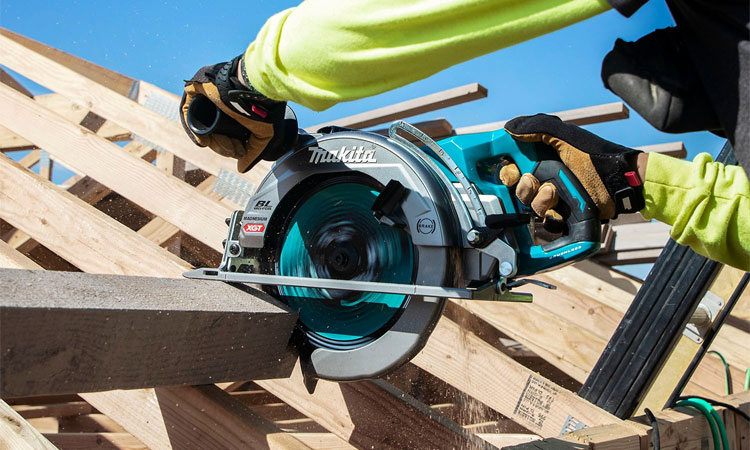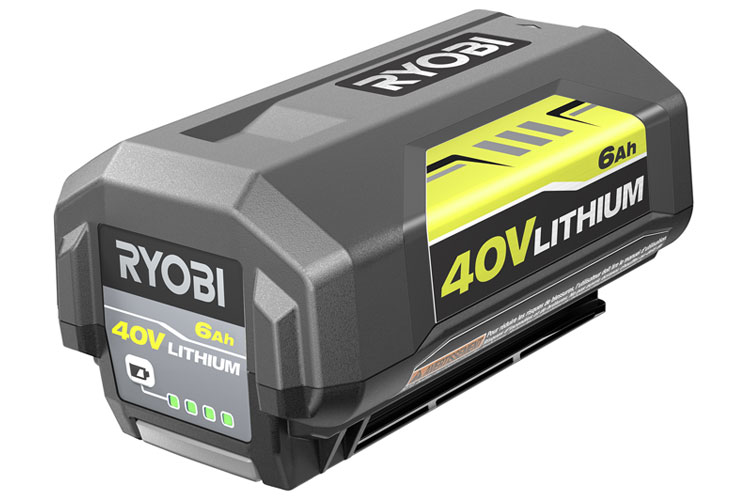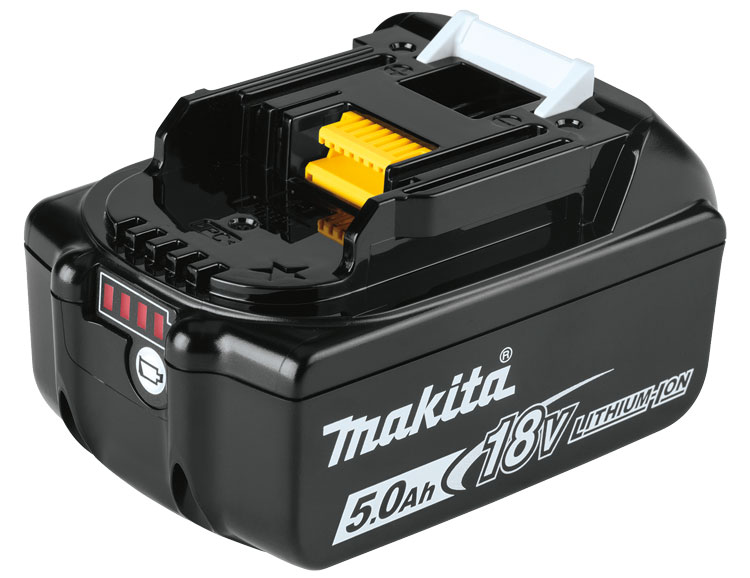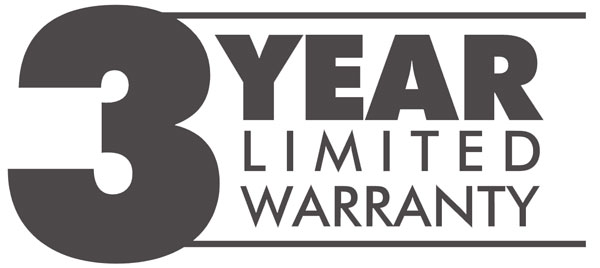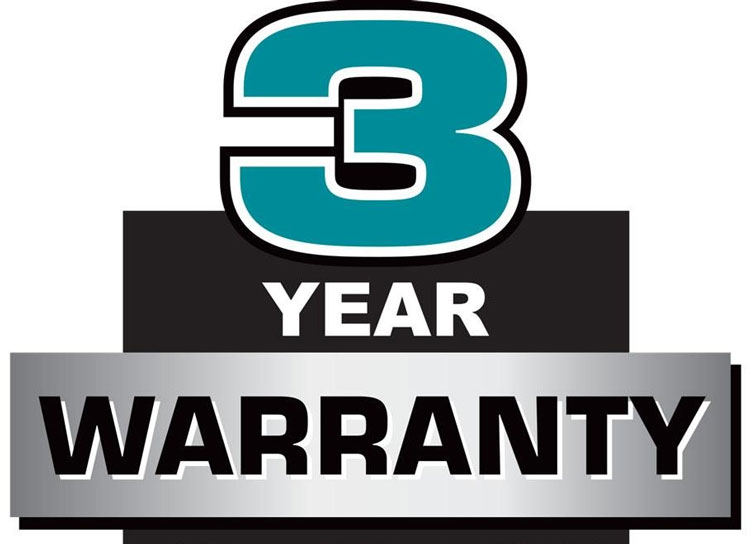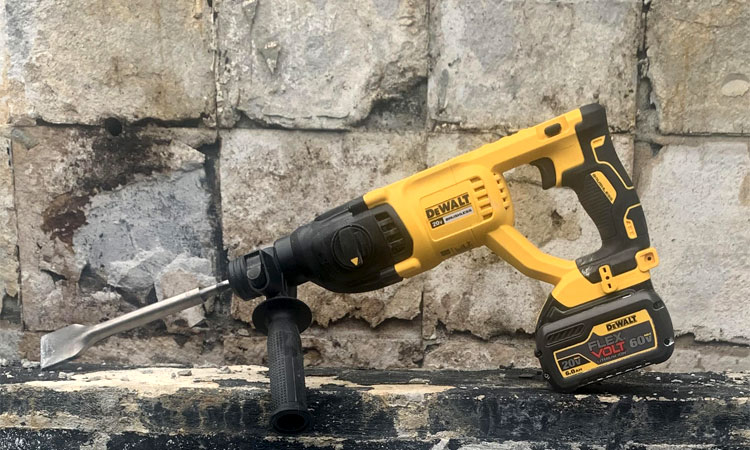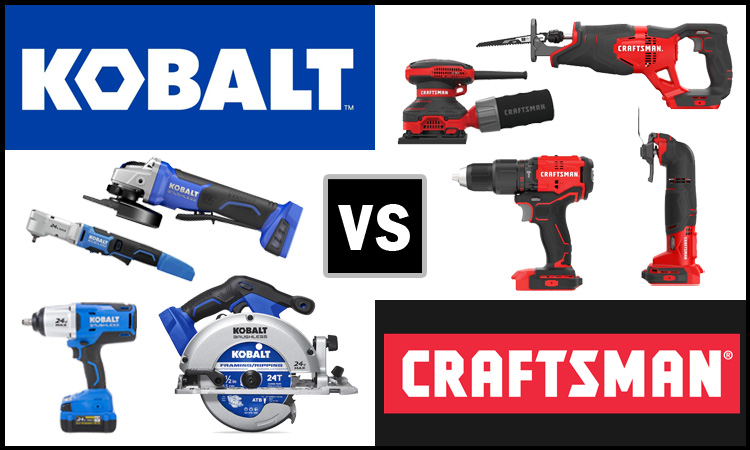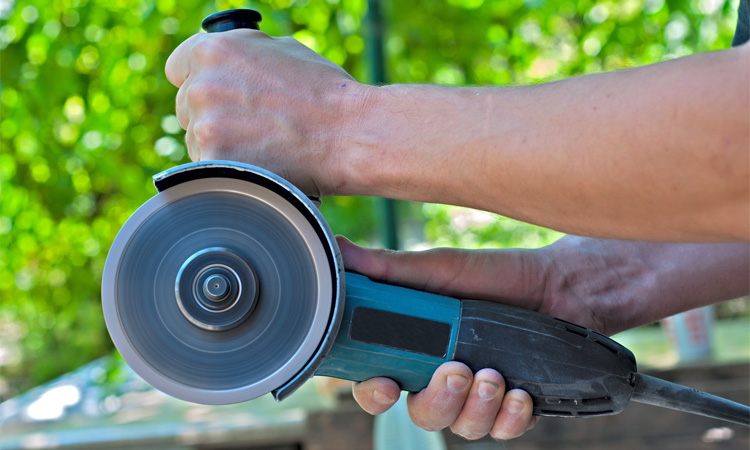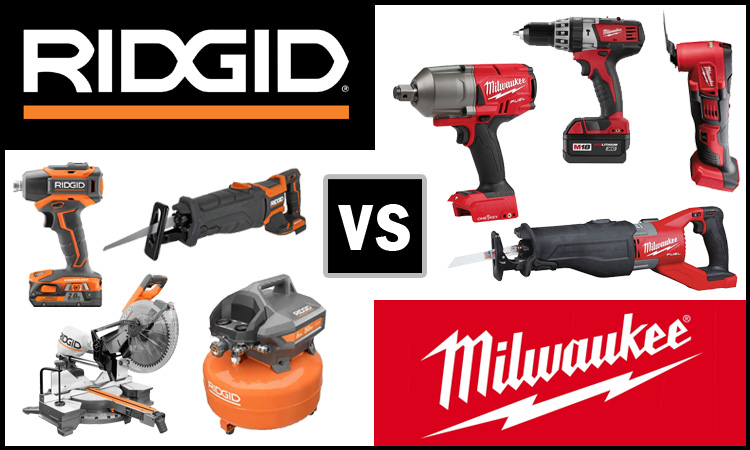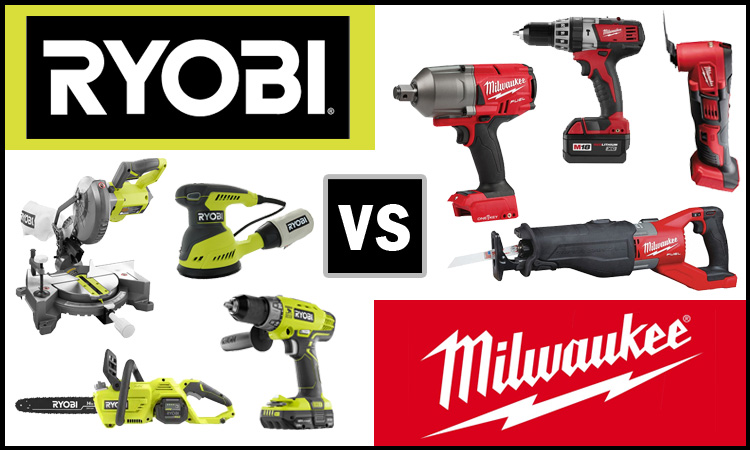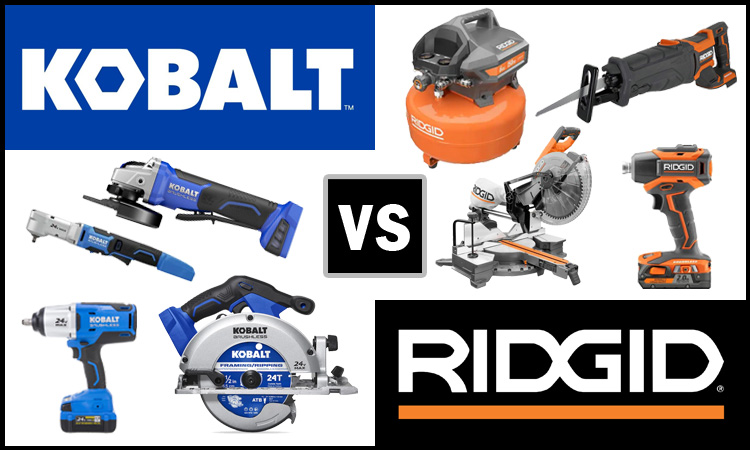Ryobi vs Makita (Which is Better?)
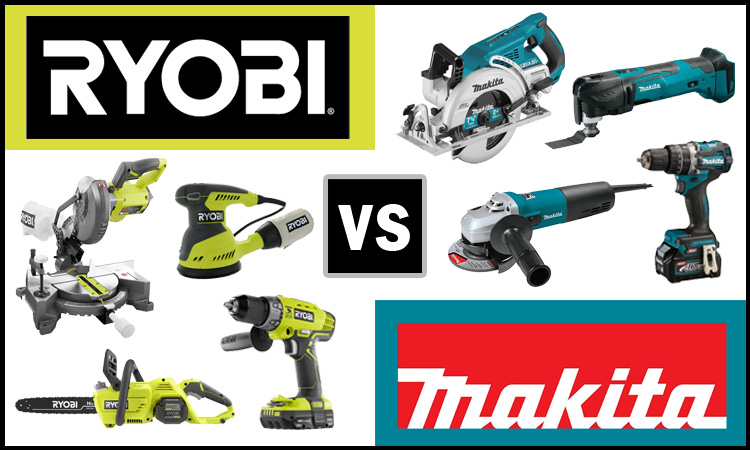
Competition within the premium power tool market has never quite been as fierce as it is today. Numerous manufacturers have stepped to the plate, producing their own line of high quality power tools. This, of course, makes it relatively difficult to side with one particular brand over another, when making any purchase.
Two power tool brands that are often compared are Ryobi and Makita. Both of these titans of the tool industry originally rose to prominence out of Japan’s budding tech scene. Each has also obtained significant fanfare, among DIY home improvement enthusiasts and tradesmen alike.
The following guide has been developed to compare Ryobi and Makita, in a side-by-side fashion, allowing consumers to better select the particular brand that suits their specific needs. Read on to learn more about which is better, Ryobi or Makita.
See Also: Ryobi vs Milwaukee
History
As mentioned above, Ryobi and Makita both rose to prominence out of Japan, even doing so within the same approximate span of time. However, each also hosts their own distinctly original story, worthy of a quick read by any interested consumer.
The following is a brief summary of Ryobi and Makita’s rise to profitability.
About Ryobi Tools
Ryobi Tools was formed in 1943 as Ryobi Limited. Metal die-cast goods were produced in these early days of the company. The company’s production operations expanded into the field of plastic die-cast products in 1954. Ryobi has produced a number of unique goods throughout its history, including fishing tackle, printing presses, and door closers.
Ryobi produced power tools for the first time in 1968 and these efforts were met with rapid success, as consumers kept showing an interest in this expanding world of home improvement.
However, Ryobi continued to develop other items, including golf clubs. Although strange, Ryobi appeared to prefer the sale of these other products over its power tool line up. As a result of such efforts, the company’s name was licensed to third-party manufacturers, who produced power tools under their own brands.
In 2000, Ryobi sold its position in the American power tool market, and by 2018, all remaining shares in the company’s power tool division had been sold to the Kyocera Group.
These days, all power tools distributed for North America under the Ryobi brand are manufactured by Techtronic Industries. Milwaukee is also a member of TTI’s family of power tools which includes the Milwaukee brand.
Read Also: Ryobi vs Ridgid Tools
About Makita Tools
In 1915, Makita Electric Works, of Nagoya, Aichi, was founded. In its earliest years, Makita primarily repaired electric motors and manufactured lighting equipment, electrical motors, and transformers.
After over forty years spent dedicated to generator manufacturing, Makita became the first Japanese company to manufacture electric planers in 1958. This beginning venture into the power tool market proved very successful and they released a portable groove cutter later in the same year.
The 1960s found Makita changing its business direction and became centered around the production of power tools. Makita released their first battery-powered drill, the 6500D, in 1969.
In 1970, Makita U.S.A was established, followed closely behind by markets in Australia, Canada, France, and Germany. Makita’s product catalog started expanding as quickly as their manufacturing plants with the addition of circular saws, impact drivers, and grinders.
In 2004, Makita developed a line of brushless motor fastening tools for the aerospace and defense industries and further expanded this line with the addition of its first 18V brushless motor impact driver.
Today Makita ranks as one of the top manufacturers of rechargeable battery-powered tools with its consumer base growing worldwide.
Read Also: Makita vs DeWalt
Manufacturing
Many consumers still place substantial value upon a given company’s manufacturing practices. For this reason, we have outlined such points, as they pertain to both Ryobi and Makita, allowing consumers to make an even more informed purchasing decision than would have otherwise been possible.
The following is a brief description of Ryobi and Makita’s various manufacturing practices.
Where Are Ryobi Tools Made?
Ryobi Tools is based in Hiroshima, Japan. Despite the fact that one of the company’s main financial offices is in Chicago, Illinois, it is incorporated in Japan. Ryobi tools are manufactured in China, however the company does operate several manufacturing facilities in Japan.
Ryobi has just one manufacturing plant in the United States as of now and this factory is located in Shelbyville, Indiana. There, specialty branded accessories are made under the Ryobi name. All told, Ryobi operates twelve factories across six different nations, all of which produce various products.
Related: Ryobi Tools vs DeWalt Tools
Where Are Makita Tools Made?
Makita Tools is headquartered in Nagoya, Aichi, Japan, but operates manufacturing facilities around the world. The company also maintains home offices in several different countries, including the following.
- China
- Japan
- United States
- Romania
- Thailand
- Brazil
- Mexico
- Germany
- United Kingdom
La Mirada, CA is the home office of Makita USA but it has a large distribution network that spans across the United States. Makita distribution warehouses are operated in the following cities.
- Mt. Prospect, IL
- Wilmer, TX
- La MIrada, CA
- Buford, GA
See Also: Makita vs Milwaukee
Product Line
Ryobi and Makita both offer a comprehensive lineup of specialty power tools, designed to simplify most any task. In fact, a number of such offerings have even become favorites of dedicated craftsmen, from a number of trades.
The following are several highlights from Ryobi and Makita’s product catalogs.
Ryobi
Ryobi’s main product line is rather large. The company offers over 260 distinct tools, batteries, and accessories in its 18V One+ series of power equipment. This allows customers to have a wide range of tools to choose from while still using as few batteries and chargers as possible.
These same batteries still work with Ryobi’s older equipment more than 25 years after they were first released.
The 18V One+ series of Ryobi power tools includes nail guns, saws, drills, impact wrenches, and grinders among others. This identical battery pack is also suited to a wide range of do-it-yourself yard equipment including string trimmers, hedge trimmers, chain saws, and even lawn mowers.
Various worksite products are also available from Ryobi such as fans, jobsite radios, and lighting solutions.
Ryobi also offers a range of heavy-duty 40V tools for taking on the most demanding outdoor yard work tasks. The trimmers, chainsaws, blowers, and mowers in this range all run with “gas-like” performance and do not have to be stopped and filled up. All of these products include a 40V Lithium battery.
Read Also: Ryobi vs Porter-Cable Tools
Makita
Makita manufactures several different power tool lines. It is best known overall for its electric saws, drills, and impact drivers but most popular, to date, would have to be the company’s series of 18V LXT tools.
As of today, the LXT line of tools numbers to 270 different power tools and accessories, all of which are compatible with the Makita 18V Lithium-Ion battery. The enhanced battery and communication technology coupled with purpose-built motors produces power, speed, and runtime that is unmatched.
The LXT line’s most popular tools include impact drivers, grinders, drills, weedeaters, and chainsaws. LXT X2 tools are built to accept two 18V Lithium-Ion batteries, thus doubling the power for those toughest jobs.
Makita also manufactures a wide array of specialty power tools, designed to accomplish any chore, from shop cleanup to yard work. Some of the most popular of these tools include shop vacuums, battery-operated lawnmowers, leaf blowers, and chain saws.
The manufacturer also sells a large assortment of hand tools, radios, portable lighting solutions, and job site apparel.
However, not all of Makita’s tools are battery-operated. The company also manufactures an assortment of pneumatic and gasoline-powered equipment. From air compressors to chainsaws and hedge trimmers, Makita offers the consumer a variety of products to fill their every need.
Read Also: Makita vs Ridgid Tools
Technology
Ryobi and Makita have both served as innovators within the modern power tool industry, shuttling in an entirely new wave of technology within this front. This desire to forge a path all their own, has made it possible for Ryobi and Makita to both stay relevant with each passing year.
The following are several of the most innovative technical systems pioneered by Ryobi and Makita.
Ryobi
18V One+ HP Brushless Motors
One+ HP brushless motors are one of Ryobi’s latest advancements. These motors are intended to decrease noise and vibration while also increasing power and longevity. Power tools incorporating this brushless technology also provide a more comfortable operating experience.
USB Lithium Power
For smaller DIY tasks, Ryobi USB Lithium power tools provide cordless convenience and mobility. The portable power carver, power cutter, and rotary tool in this line of tools are all powered by a USB Lithium battery that is small enough to carry around.
A compact battery with a USB-C charging port and an LED charging indicator is included. Install the charged battery into any of the lithium power tools for cordless and compact portability after it’s been charged.
Link Storage Solutions
The engineers at Ryobi have also pioneered a unique and highly practical method of keeping and organizing power tools. With shelves, bins, adaptable hangers, and totes, the Link Modular Storage provides customers with flexibility and mobility. All items in this series come equipped with universal locks that may be used on any Ryobi-powered tool.
Makita
XGT 40V/80V
Makita’s newest line is the XGT 40V | 80V max system of cordless equipment and tools. This line of tools is optimized to produce optimum power for those heaviest workloads without sacrificing runtime.
The XGT 40V battery may be doubled to give increased power and performance to XGT cordless tools and equipment. Makita currently has 50 products in its XGT line from drills to masonry tools to outdoor equipment.
Active 3 Control
Makita’s 18V batteries and chargers feature the company’s proprietary Active 3 Control Technology. This technology allows for communication between the chargers and any Makita 18V battery.
The chargers are capable of monitoring a battery’s voltage, current, and temperature, thus increasing charging efficiency and resulting in greatly reduced charging time.
Quick Shift Mode
Makita’s newest line of battery-operated impact drivers now features the company’s Quick Shift Mode. Makita impact drivers feature an automatic electronic controller that downshifts and reduces rotation and impact speed just prior to driving the screw into place. This shift minimizes project damage, thread stripping, and breakage.
Also: Makita Tools vs Festool Comparison
Warranty and Service
A manufacturer’s adherence to strong customer service protocol is of unparalleled value, when attempting to determine how best to spend one’s hard earned money. For this reason, we felt it necessary to compare the warranty policies offered by Ryobi and Makita.
The following are several high points of Ryobi and Makita’s customer service policies.
Ryobi
By standing behind its items with long warranties, Ryobi continues to maintain its reputation for producing high-quality and long-lasting power tools. The majority of Ryobi’s 18V power tools are covered by a three-year limited warranty.
The warranty assures you that any tool discovered to be faulty in either material or craftsmanship will be repaired (or replaced) at no cost to you. Tools that have been damaged as a result of poor handling or normal usage are not covered.
Ryobi also offers a 5-year warranty on their 40V Lithium-Ion battery-operated power tools. This warranty covers any and all types of flaws in materials or workmanship, including defects in the tool’s metal parts.
Specific Ryobi tools may offer their own warranty. For example, the Ryobi 3-year warranty applies to outdoor power tools, as well as 18V ONE+ electrostatic sprayers. A Limited Lifetime Warranty applies to all Ryobi hand tools and garage door opener motors.
Makita
Makita automatically backs every tool from defects in materials and workmanship with a 1-year limited warranty from the original date of purchase. The consumer simply must return the tool to an authorized service center and repairs will be conducted free of charge.
Makita’s battery-operated power tools, batteries, chargers, and pneumatic nailers carry a 3-year limited warranty. This policy covers the affected tool against material or workmanship-related defects.
Once the tool is returned to a Makita factory or service center, if it is found to be faulty due to the above reasons, Makita will repair or replace it at no cost to the consumer.
Warranties provided by Makita do not cover in the case of normal wear and tear, mishandling, or attempted repair by a non-authorized service center. Lithium-Ion tools that have damage due to the use of a non-genuine battery will not be covered.
Makita’s also offers a 30-day satisfaction guarantee. If for any reason, you are dissatisfied with a power tool purchased, simply return it within the first 30 days and Makita will replace the tool or provide a full refund of the purchase price.
Ryobi vs Makita: And The Winner Is…
Ryobi and Makita are both premier names within the power tool industry, carrying significant weight among consumers and critics alike. However, when comparing apples-to-apples, we feel as if Makita carries a slight advantage over Ryobi, on more than one front. This is perhaps most evident when comparing the depth of each brand’s product offerings.
Makita produces everything from heavy-duty impact guns and drills, to electric lawn mowers and weed eaters. The company also produces a number of craft-specific tools, such as electric grease guns and masonry tools.
In this regard, Ryobi simply cannot compare. Furthermore, many of Makita’s battery packs are interchangeable between the vast majority of these tools.
Additionally, Makita power tools are generally regarded as some of the toughest equipment on the planet, even finding their place within the tool boxes of serious craftsmen.
On the other hand, Ryobi’s power tools are more targeted toward home owners, and DIY enthusiasts, who only place such tools to use on a periodic basis.

